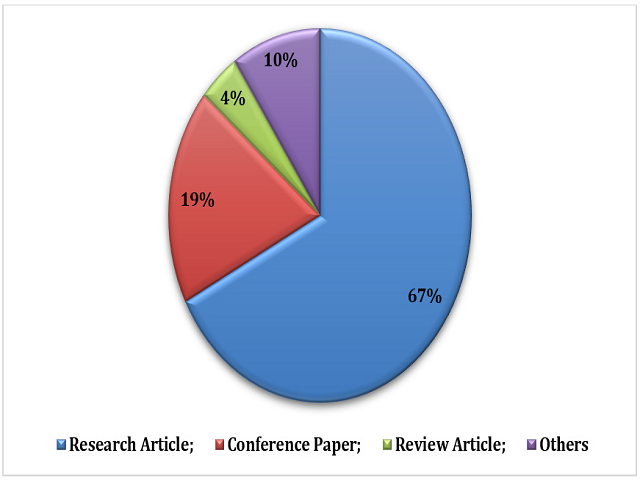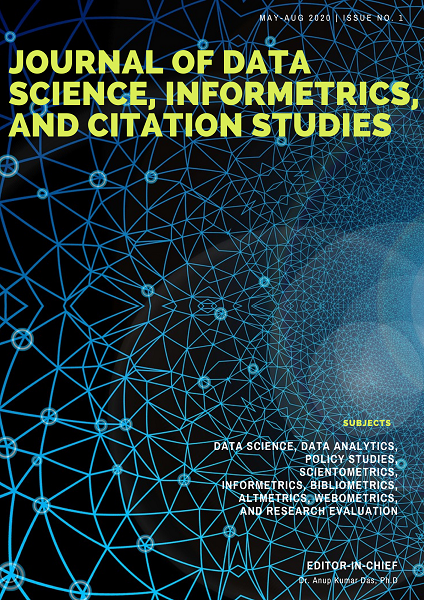Trajectory of Research Retractions by Indian Scholars: Trends, Causes and Ethical Imperatives
DOI:
https://doi.org/10.5530/jcitation.20250207Keywords:
Academic Retractions, India, Retraction Watch, Research Ethics, Global South, South Asia, Research MisconductAbstract
This study explores the trajectory of academic retractions of Indian scholars considering the period 2010-2024 and assesses the reasons for restrictions, the role of publishers, and the analysis of time delay for retractions, etc. The aim is to assess the current trajectory and focus on the measures that can be taken to enhance research ethics and thereby reduce the rate of retractions in the academic environment. Data were extracted from the Retraction Watch database and focused on 2853 retracted papers by Indian scholars. This study analyzed the growing trajectory, causes, and engagement of publishers and journals. Also, journal characteristics such as impact factor, quartile, indexing status, were also identified, along with retraction time delays and patterns. The study indicates an increase in academic retractions with 57.55% of papers between 2021-2024. This trajectory shows the increasing requirement for research integrity mechanisms. The main reasons for retractions are fake peer review (1007 papers), plagiarism (880), and data manipulation/falsification (746), which shows areas that can be targeted for improving the effectiveness of peer review and data validation in research outputs. The study also highlights that the eight major publishers, including Springer, Elsevier, and Taylor and Francis, have accounted for 73.78% of the retractions. When looking at the retraction time, the majority (86.29%) was done within five years of publication and 38.27% within the first year. Moreover, research articles (67.40%) were found to be the most common type of retraction. This study presents a quantitative analysis of academic retractions by Indian scholars to examine the trajectory in misconduct, the role of publishers, and the characteristics of journals involved in the retractions. Based on the causes of retractions, the study offers suggestions on how to reduce the incidence of retractions to enhance India’s academic standing in the global arena.

Downloads
Published
How to Cite
Issue
Section
License
Copyright (c) 2025 Beeresh N Gundur, Sampath Kumar B T

This work is licensed under a Creative Commons Attribution-NonCommercial-NoDerivatives 4.0 International License.



